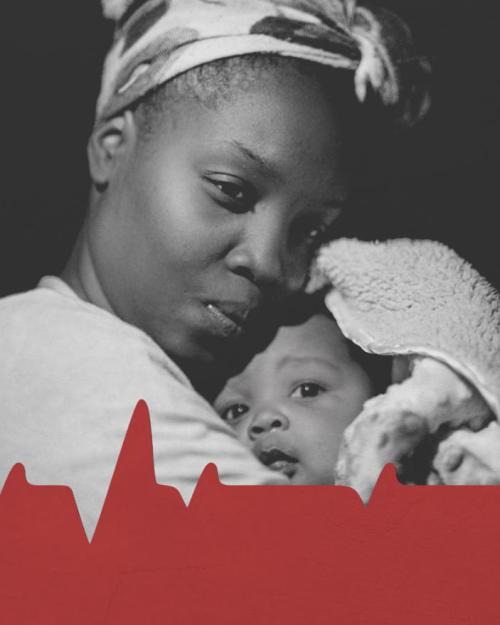The COVID-19 pandemic has revealed the dire consequences of inequities in America’s health care. According to the COVID Tracking Project, African Americans die from COVID-19 at rates more than 1.5 times their share of the population, while Hispanics, Latinos, Native American and Alaskan Natives share of death and sickness is disproportionate to their population in the majority of states with sufficient data.
In the next webinar of the College of Arts and Sciences’ (A&S) yearlong series, “Racism in America,” panelists will focus on the impact that racism has on access to healthcare and health outcomes. The March 29, 7 p.m. event, in partnership with Weill Cornell Medicine, the Cornell Center for Health Equity and the College of Agriculture and Life Sciences, is free and open to the public; registration is required.
Moderated by Akilah Johnson, national reporter for The Washington Post, the webinar will feature four Cornell faculty experts discussing the ways that inequality and racism impact the American medical system and how these disparities affect both economic wellbeing and the health of minority populations.
“Our upcoming webinar on racism and health touches on the foundational issues of democracy and citizenship in the United States. It will address the impact of racism on access to mental, physical, and emotional health due to the ways inequality both determines and disrupts access to healthcare,” said Noliwe Rooks, the W.E.B. Du Bois Professor in Africana studies and director of the American Studies Program in A&S. “In the midst of a pandemic where racism impacts access to vaccines, the likelihood of having attended the funeral of a family member, and access to in-person education, there is no better time for our faculty to engage with this topic.”
Johnson’s reporting at The Washington Post explores the effect of racism and social inequality on health. She shared a Pulitzer Prize for coverage of the 2013 Boston Marathon bombing and was a Pulitzer finalist as a member of the Boston Globe's Spotlight Team investigation into racism in Boston. Her reporting has won a number of other national awards including NABJ Salute to Excellence Awards, ONA's Knight Award for Public Service, and a National Headliner Award for Journalistic Innovation.
The panelists for the March 29 webinar are:
- Jamila Michener is associate professor of government (A&S) and co-director of the Cornell Center for Health Equity. Her research focuses on poverty, racial inequality and public policy in the United States. Her recent book, Fragmented Democracy: Medicaid, Federalism and Unequal Politics (Cambridge University Press) examines how Medicaid--the nation’s public health insurance program for people with low income--affects democratic citizenship.
- Jerel Ezell, an assistant professor in the Africana Studies & Research Center (A&S), is a mixed-methods health disparities researcher and current Fulbright Scholar. His work investigates how impacts from steady patterns of deindustrialization have been felt especially hard in Black and lower-income populations. His current research projects focus on macrosocial factors contributing to the Flint Water Crisis and patterns of opioid use in the industrial Midwest and the northeastern United States.
- Susana Morales is associate professor of clinical medicine and vice chair for diversity at Weill Cornell Medicine. In 2018, she became the Principal Investigator/Director of the Diversity Center of Excellence, which is part of the Cornell Center for Health Equity. The Diversity Center of Excellence's mission is to enhance diversity in medicine, and to promote health equity through research, education, advocacy, and community engagement. She is a board member of the United Hospital Fund, where she chairs the Program Committee, and of the Latino Commission on AIDS. She has an active primary care practice.
- Neil Lewis, Jr., is assistant professor of communication in the College of Agriculture and Life Sciences and assistant professor of communications research in medicine at Weill Cornell Medicine. His research examines how people’s social contexts and identities influence their motivation to pursue their goals, and their success in goal pursuit efforts. He directs the Motivation and Goal Pursuit Lab, which studies these processes most often in the domains of education and health. One goal of the lab is to use the knowledge gained from this research to inform interventions and policies to improve outcomes and reduce social disparities.
The final webinar in the Racism in America series, later this spring, will address race and the economy.
Co-hosted by the American Studies Program, the “Racism in America” series is supported by Alumni Affairs and Development; Diversity Alumni Programs; and powered by eCornell. Other colleges have been and will be partners on the series’ other webinars.




